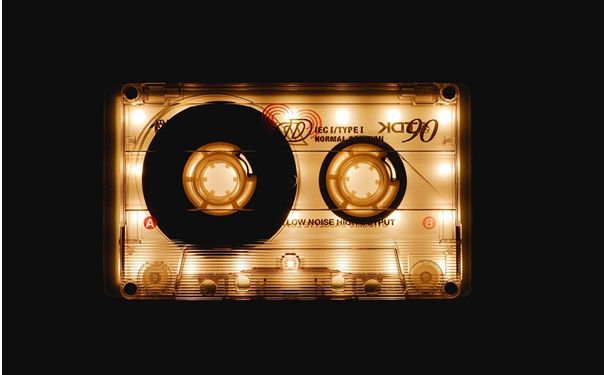Music has gone from a hobby to an industry in the past decade. It’s no longer just something you do in your spare time; it’s now something that can make or break careers. From concerts to CD sales, the music industry is changing rapidly. Over the last ten years, we’ve seen more digital distribution options open up, along with new record labels and streaming services. We’ve also seen more people involved in the process of making music: from songwriters to producers to engineers. Music has evolved over the past decade, and so has how we interacted with it. With that evolution comes a greater understanding of how our favourite artists work and where they come from.
Here’s How the Music Industry Has Evolved Over the Years
From Record Labels to Streaming Services
Before the internet, getting a record label was all about signing with a major recording company. Artists would go into a studio and spend weeks recording songs, hoping that one of them might catch the attention of a producer who could help turn their music into a hit. In exchange for letting the artist record their album, the record label would take half the profits and give the rest to the artist. With the advent of the internet, however, things changed dramatically. Now, musicians didn’t need a label to release their music. They could upload their tracks directly to the web and sell them on iTunes, Amazon, or other digital retailers. This made the process much less complicated, as bands could bypass the middleman entirely.
Artists like Christopher Sluka, a San Diego-based musician and multitalented artist, are making waves today. These artists use the internet to reach out to fans and promote themselves directly. The band’s style aims to reinvent the music world through colourful visuals. Sluka was originally signed to major labels for his first three albums (Mitsubishi Meldac and Time-Warner CGD). After fulfilling his contracts, he released all his subsequent albums on his independent label and publishing company. Digital distribution isn’t going anywhere anytime soon and will continue to grow in popularity.
The Rise of Streaming Services
Album sales used to be king. But now, people prefer to stream music rather than own physical copies of albums. There are several reasons for this shift. First, streaming services give listeners access to unlimited amounts of music, allowing them to pick and choose what they want to hear. Second, streaming services offer instant gratification. With the click of a button, you can listen to any song, anywhere. Third, streaming services make it easy to share music with friends and family.
Producers and Engineers Have Become Essential to Making Music
The rise of digital distribution has made it easier for bands to record their music at home. While recording studios have always been important, the role of producers and engineers has become increasingly important over the last decade. Nowadays, most artists use a combination of software and hardware to record their songs. Software programs allow musicians to create and edit their music.
Final Words
The music industry has changed drastically over the past decade. It’s no longer just about recording artists and their songs; it’s about the entire process of making music. These changes aren’t permanent. Technology is constantly evolving, and the music industry is adapting to fit the times. But while things may change, one thing remains constant: music is a universal language that everyone can relate to. No matter what age you are, music speaks to us all.


















